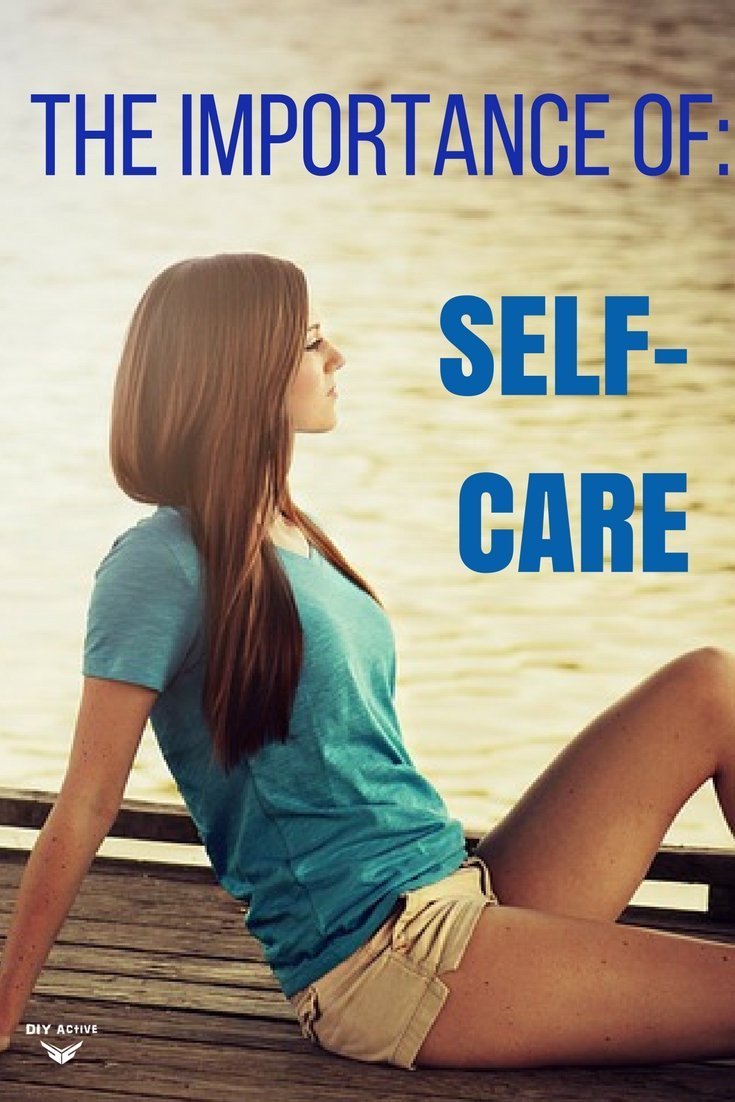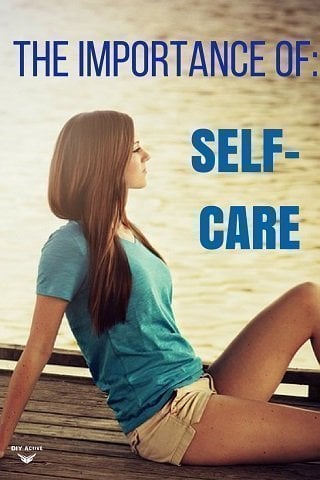
Caring for Yourself Is Good for Everyone
In my life coaching practice, I work with clients on self-care regularly. I have yet to find anyone who hasn’t benefitted from a little (or a lot) more self-care. Self-care is a broad term that means different things to different people, but it could just be the answer to how to find yourself again when you’re feeling lost.
When I talk to clients about self-care, what I want to know is how much energy and what efforts they are making to be attentive to their own needs, to advocate for themselves, and to have downtime and relaxation in their lives. Unfortunately, if we don’t make this a priority ourselves, it usually means it’s not going to happen at all.
How to implement self-care
I know very few people who don’t find it a challenge to regularly take time for self-care. You might be shocked to know that I struggle with this as well. I’ll often tell myself that I’ll do meditation just after I get all my work and chores done — and by then it is bedtime. Or I’ll help everyone with everything, even when I don’t have the time — instead of just being honest and saying, “I’m sorry but I can’t commit to that right now.”
So, what is the deal? We all know the benefits of having our needs met, and we all want to thrive. Sometimes the disconnect isn’t with knowledge, but with the application. How can we motivate ourselves to take time for self-care, instead of just pushing on and powering through?
I’ve found that one key to motivating yourself to undertake any kind of change is to find the emotional buy-in. This is different for everyone, of course, but I think there is some common ground on which most of us can find inspiration.
Self-care makes us more effective caregivers
Most of us take care of or support, others in some way. We have children, or aging parents, or partners, or close friends. We want the people we love to be cared for and taken care of. And if we want to have the energy and motivation to continue giving to others, then we need to take care of ourselves.
That’s right — self-care allows us to be more effective caregivers (as well as employees, athletes, artists, and so on).
When we neglect to see the positive spillover effect that our own self-care has on others in our lives, we can too easily fall into a pattern of self-sacrifice and burnout. This can lead to resentment and even health problems.
How to begin taking care of yourself
The foundation of self-care is to make sure that our most basic needs are met before we get into any deeper stuff. I’m talking about safety and security, sleeping, hydration, and food. If you do not need to worry about a place to sleep or your own personal security, this is a good opportunity to feel gratitude for that. We have a lot of choices around how much we prioritize these needs.
If we choose, we can burn the candle at both ends. We can skip meals and eat inconsistently. And we can be less active than we should. Whether or not we take the time to notice the consequences of no self-care, they are happening. And when this lack of self-care catches up with us, it has an effect on the people who rely on us to be there for them, too.
When we allow ourselves to sleep as much as our bodies need (and we are all different), and create a routine and sleeping environment that are conducive to sleeping well, we thrive. When we take the time to eat whole, nutritious food that we actually like the taste of and give ourselves time and space to enjoy it, we thrive. When we keep our watery bodies hydrated and minimize drinks that drain and deplete us, we thrive.
Balancing self-care with your busy schedule
Despite knowing the positive benefits of proper self-care, many of us don’t do it. We struggle to find ways to keep on top of our physical needs while still attending to the many other things that keep our lives full. The catch 22 is that if we want to be able to continue keeping up with our busy lives — supporting our families, being there for our friends, socializing, and whatnot — we need to make sure we are taking care of ourselves.
Start small. If your biggest struggle is getting enough sleep, set an earlier bedtime for yourself. Maybe it’s eating properly, so set aside 15 minutes a few times a week for meal prep. If it’s exercise, choose to park further from stores to start walking more.
Each small change makes room for more, until you’ve achieved a good balance.
Wrap-Up
The benefits of even small improvements in self-care, however, are huge. Good quality sleep improves our memory and our patience, which in turn improves the quality of our positive relationships, work performance, and creativity. And that’s just from improving sleep.
The next time you think about your self-care plan (or lack thereof) think about how taking care of yourself will improve life for those around you. By staying more energized, well-rested, and healthy, you will be more effective in all your roles.
Let the compassion you have for others inspire and motivate you to find the time to take good care of yourself.
- Self-Care Improves Life for Your Friends and Family - July 22, 2020
- Methods for Increasing Positive Emotions - December 4, 2017
- Mindful Eating Is the Game Changer You Need - June 11, 2017




